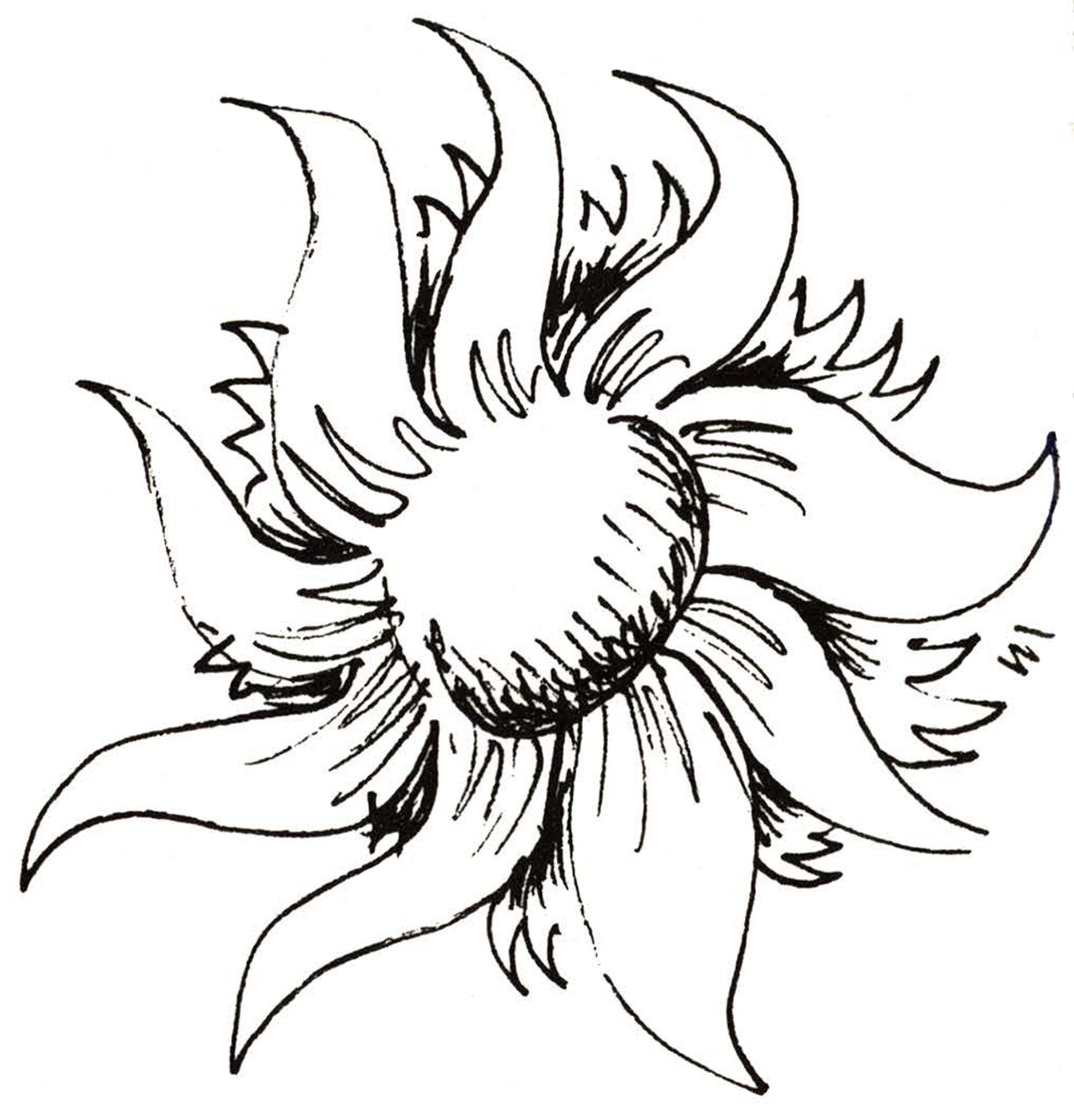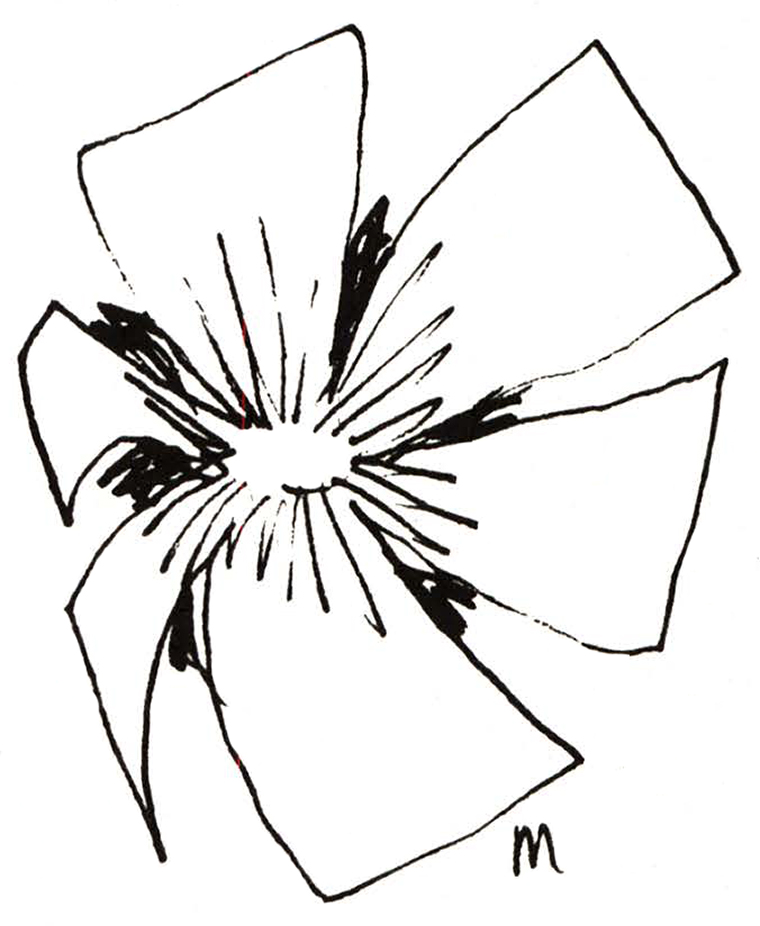I usually let poems speak for themselves, but it’s been suggested I explain that this was written a few months ago, when I learned my father was dying of cancer. Cancer is perhaps more of a mystery than the doctors imagine — in the final analysis, a disease of the spirit. The parallel is drawn best by Aldous Huxley, who observes that as the body’s organs assert their “partial selfhood in a kind of declaration of independence from the organism as a whole . . . in exactly the same way the human individual asserts his own partial selfhood and his separateness from his neighbors, from Nature, and from God — with disastrous consequences . . .” The poem is also about love, no less terrifying and profound a mystery, the lies of poets notwithstanding.

I. the flower blooms in him, becomes the sum of him. cell to cell, the mean bouquet is passed. Spring is satisfied. I am his “flesh and blood,” his resurrection, his earthly gamble. Spring is satisfied in me. My flesh dances to another cellular song, the oldest cellular longing: me for her, her for me. love is a dying, too, or it is nothing. II. cell to cell, with malignant assertion, the rude message is whispered. flesh stirs. independence is a fire in the blood: the yearning of parts to be whole, a madness of multiplication. the Law is refused. the war for an empty throne rages within.
III. words keep us from the communication. flowers amidst the rocks, chosen carefully, for the grave, or with a lover’s haste, they are never more than true, and truth is not enough: a stain upon the silence, a necessary arrangement, they are always just the right thing to say





